
Transitions Online_Around the Bloc-Azeri First Family Casts Shadow Over Malta
Muckraking blogger says Azeri money flowed to Maltese companies linked to Maltese PM’s wife and two officials.
More...We kindly inform you that, as long as the subject affiliation of our 300.000+ articles is in progress, you might get unsufficient or no results on your third level or second level search. In this case, please broaden your search criteria.

Muckraking blogger says Azeri money flowed to Maltese companies linked to Maltese PM’s wife and two officials.
More...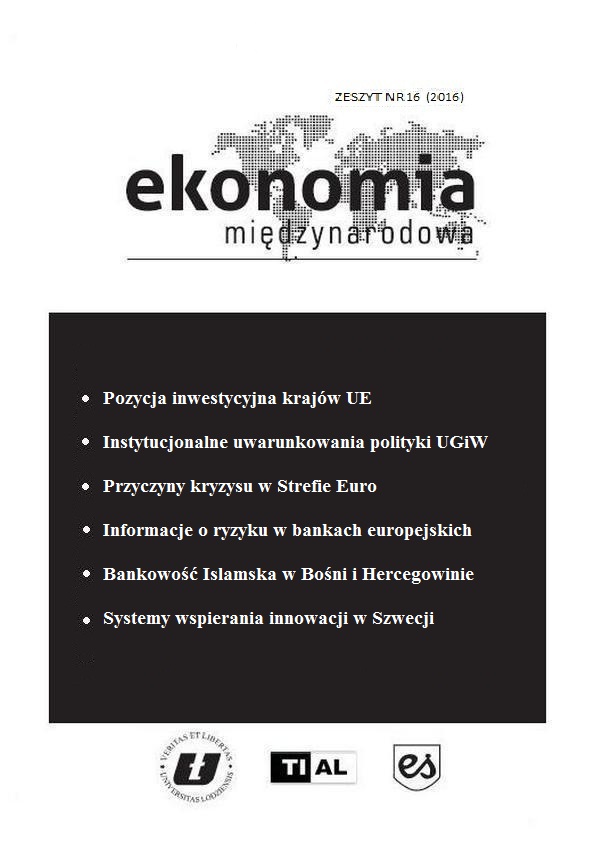
Corruption has been present in societies since ancient times. Economic development and the evolution of culture did not result in elimination of corruption. Therefore, you should ask the question: does globalization promote corruption? The article presents a literature review that points to an ambiguous answer to this question. Statistical analysis of selected macroeconomic values are compared to the Corruption Perceptions Index. The results indicated that, for developing countries, increasing economic growth was associated with a decrease in corruption, but it is not eliminated. It must be concluded that there is a level of corruption that is accepted by governments and society.
More...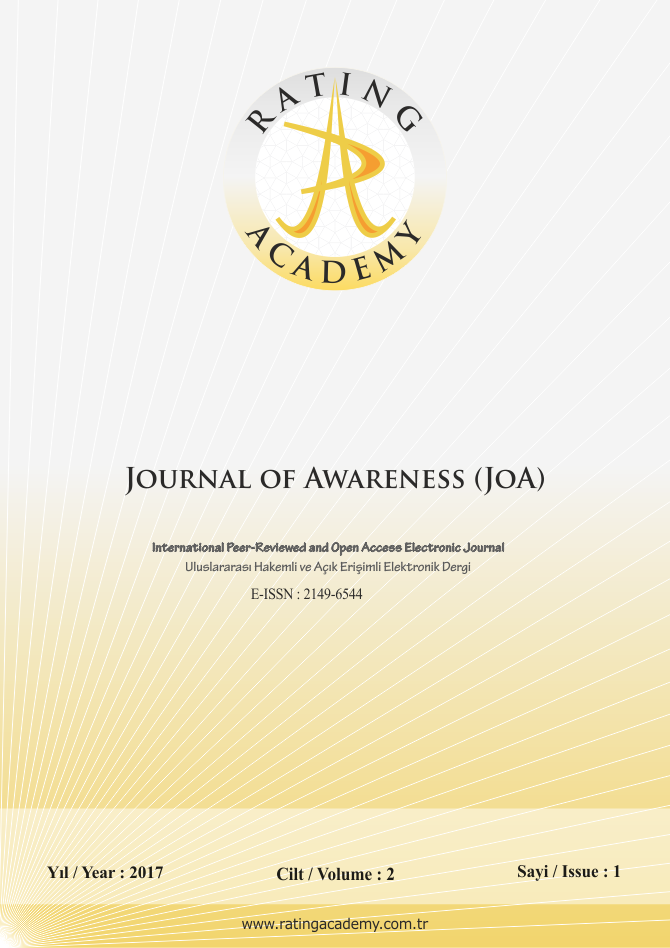
The problem of corruption is one of the fundamental problems that are waiting for solutions in the countries. Because, corruption in both developed and underdeveloped countries affects macroeconomic size such as investment, growth and income distribution in the economy. Corruption can be seen in different forms in every society. The purpose of this study is to give an overview of the problems and solutions to the fight against corruption. In this context, the concept of corruption and its possible effects on the countries have been examined.
More...
A gang war is raging in the tourist haven, Montenegrin opposition parties claim.
More...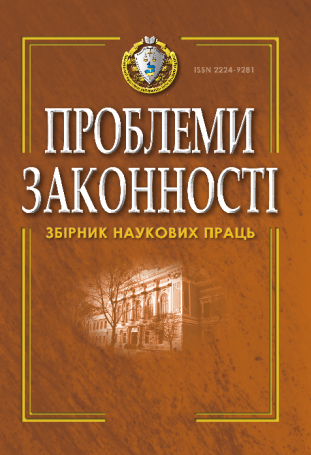
The article deals with changes in the anti-corruption legislation of Ukraine regarding gifts. In particular, gifts are legally defined in a different way than undue advantage. Gifts characterize acts related to corruption and in which there are no signs of corruption. The notion of undue advantage characterizes corrupt acts. The author of the article proves that a public official receives a gift as a token of gratitude after the correct execution of his official functions or without connection with the performance of his official functions. Violation of prohibitions on receipt of gifts entails administrative responsibility under Art. 172-5 of the Code of Ukraine on Administrative Offenses. Violation of legislative prohibitions on solicitation or acceptance of an undue advantage entails criminal liability under articles of the Criminal Code of Ukraine. The article presents scientific explanations and practical recommendations for making a new decision on liability for violation of legislative prohibitions on receiving gifts. Proposals for amendments to articles 354, 368, 368-3, 368-4, 369, 369-2 of the Criminal Code of Ukraine have been developed. It is expected that they will indicate that when committing the corruption offenses provided for in these articles, a person requires an undue advantage or agrees to receive an undue advantage in exchange for actions related to his official powers. Such a requirement or consent always precedes the actions associated with its official powers.
More...
The article reveals the relevance of corruption in Ukraine. The expediency of using a system hike in the implementation of its prevention measures is indicated. The essence of the state of Ukraine as a system object is substantiated. The reform of the domestic anti-corruption system is an urgent task. His decision requires new scientific developments. The development of anti-corruption measures in domestic science was mainly implemented analytical and descriptive approach. We have the work on the basic principles of the system analysis of crime prevention, genetic and prognostic aspects of this activity, systemic factors of the lationization of criminogenic factors, and the extent of protected social relations. This gives grounds for arguing that the use of system engineering as a theoretical basis for the development of anti-corruption measures is warranted. In addition, the system approach is now approved as a priority methodology in preventing corruption in executive bodies and local self-government bodies at the normative level (in item 14 of the State Program on the implementation of the principles of state anti-corruption policy in Ukraine (Anticorruption Strategy) for 2015–2017. The purpose of the work is to minimize corruption in Ukrainian society. And the specific task is to justify the state of Ukraine as a system, where corruption is a systemic problem of its functionality. Specialists have no unity in understanding the notion of “system”. In our substantiation of the state of Ukraine as a system object, we consider it possible to recognize as obligatory those system features that are currently being agreed upon by the majority of system technician specialists: 1) the presence of structural elements, which together represent a unique reality; 2) the interconnection and interdependence of these elements; 3) the only purpose or appointment of system elements. The first systemic sign for the system of state Ukraine is confirmed by the fact of the uncertainty of state bodies. In the material aspect, social relations are actions or inactivity of people, in energy – transmission (spending) of different types of energy, in the information – the change of the essence and volumes of information. And it is the relationships that are those connections that combine the elements of the state system of Ukraine. The purpose of the state system of Ukraine can be outlined in accordance with Article 3 of the Ukrainian Constitution: the direction of the state’s activity determines human rights and freedoms. The systemic function of the state of Ukraine can be defined by the activity of asserting and securing human rights and freedoms, which is outlined in Article 3 of the Constitution of Ukraine as the main duty of the state. Guarantees (guarantees) of human rights and freedoms – the content of state activities in accordance with Article 3 of the Constitution of Ukraine. Corruption can be considered as a phenomenon that creates a problem of changing the normatively defined purpose of the state system of Ukraine – guaranteeing human rights and freedoms to antisocial – guaranteeing (providing) personal interests of corrupt officials. As a result, there is also a problem of obstacles to the realization of the rights of citizens, which in the sense of the system approach and in fact represents a problem of failure to achieve the goal of the state system of Ukraine.
More...
There is hardly a topic in the current transformations that is as central as corruption. Anti-corruption efforts go back to the nineties when globalisation turned the world into a corporate playing field. Since then, a wealth of tools and instruments has been invented, and any student of anti-corruption can be certain to find abundant materials. From a teacher’s perspective, turning these materials into a coherent academic subject is the first challenge. But anti-corruption is not a subject like any other. If taught properly, it should challenge every student’s moral compass and become a catalyst for the development of professional ethics. Anybody who has ever been forced to pay bribes in a university setting will remember «turning red with shame».1 Bribing your teacher, as compared to a traffic police or customs officer, seems like the ultimate betrayal of the notion of the intellectual community between scholar/teacher and student, and it throws into doubt the entire system of values and goals that higher education stands for. In its effect, it is as pernicious as doping in sports. And when the shame is overcome, the result will be a graduate who is «street-wise», who is ready to play the game and expect nothing less from his or her colleagues.2 Against this background, the purpose of this paper is twofold. It serves as a reflection on the state of anti-corruption efforts in the Black Sea and Caucasus region(s)3 and suggests a model how electronic resources could become a catalyst in bringing blended learning/teaching on anti-corruption to the region(s). At the same time, it develops the scholarly argument that the «toolkit box approach» favoured by the United Nations Office on Drugs and Crime (UNODC) is not sufficient to address the root causes of corruption in the region(s). As an alternative and to the extent that it concerns the Black Sea and Caucasus region(s), it is suggested to place anti-corruption more firmly into the context of Europeanisation as part of the European Neighbourhood Policy (ENP) and the Eastern Partnership (EaP), in particular. As such, it should be integrally linked to the support of civil society, independent media, independence and integrity of the judiciary, and open government.
More...
According to the Association of Chartered Certified Accountants (ACCA), the volume of the «shadow»economy in Ukraine is 1.1 trillion hryvnias or 45.1 % of the gross domestic product. Estimates of the Federation of Employers of Ukraine show that only 50 % of payments to the state budget comes from the clearance of goods, while the rest comprise a corruption component of 40 billion UAH for a year. Much of the large companies move non-declared goods across the state border and do not pay taxes. However, at the official level in Ukraine, it is still not accepted to talk about the servicing of the shadow foreign trade by the customs administration and the collection of corrupt rents from illegal trade in the state.Understanding the essence of the problem gives grounds to assert that the corruption risks in the work of customs are laid down in imperfect customs legislation, high tariff rates of duties and taxes,discrete powers of customs inspectors, the regime of customs procedures in the customs control zone, low level of their automation and physical contact of declarants from customs officers. In the customs case,the main type of corruption is bribery and abuse of influence related to the assistance of illegal and criminal activity in the foreign economic sphere. Subjects of foreign economic activity reduce costs and receive revenues through customs fraud or smuggling. Without corruption, this activity is impossible. On the illegal movement of goods and vehicles, smuggling and counterfeiting through the customs border, a criminal corruption business was created for all bodies and services that carry out various types of state control and law enforcement activities in the customs sphere.The most profitable are corruption schemes related to the illegal import / export of three groups of highly liquid products: tobacco products, counterfeit IT products, petroleum products, cars with foreign registration. For an independent study, illegal migration through the customs border of amber and wood,the manipulation of exports of grain and other highly liquid products deserve.Summarizing, we draw the following conclusions. Customs corruption is based on providing shadow foreign trade and covering economic crime on a transnational or transboundary scale. It is in violation of customs legislation by both parties in customs matters for the purpose of illegal enrichment. In corruption practices, all bodies and services that provide state control over the movement of goods through the customs border of Ukraine and carry out law-enforcement activities in this area participate. The level of corruption in the sphere of foreign economic activity depends on the volume of illegal export-import operations with raw materials and highly liquid products, as well as the ratio of official taxes and the cost of corruption services to economic entities. It was clarified that in parallel with «centralized corruption» in customs authorities there is «competitive corruption» between regional customs and their structural divisions for providing corruption services at lower prices. Measures to prevent corruption and crime should be aimed at reducing the profitability of shadow foreign trade by liberalizing the tax burden at the same time while strengthening control over transfer pricing, including the customs service into an integrated security system throughout the supply chain, implementing common customs control, managing risky operations
More...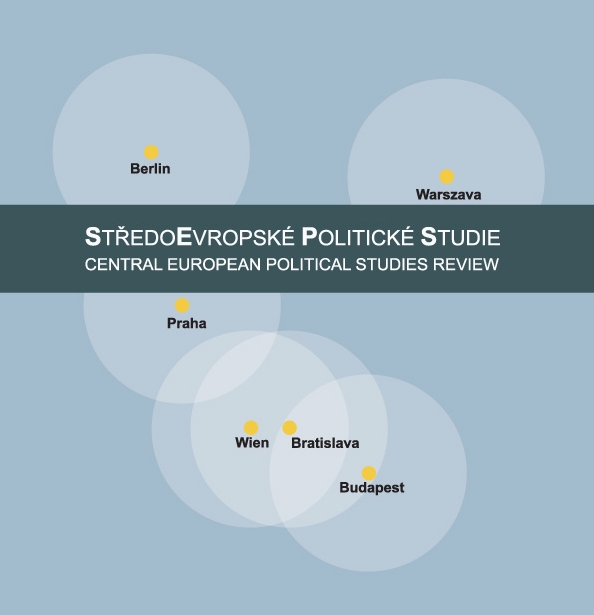
The article discusses the Gorilla case, an officially still-contested partial state capture by a single local oligarchic group, in line with the (partial) Elite Cartels corruption pattern in Slovakia. Due to the manner in which evidence, although considered unofficial, was made available, this case illustrates secret political and business processes during partial state capture. The initial absence of the case in public, political, and academic discourses, suggests that state capture can be present and operate undetected for a long time. This study also shows that in-depth analysis of the Gorilla case was avoided by both domestic and international political scientists, despite its paramount practical and theoretical importance. This, in turn, reflects a methodological capture of political science. Consequently, this article disentangles the complexities of the Gorilla case and lays down the foundation for further studies. Specifically, it highlights the need for more careful research, terminological precision in both theory-building and empirical findings on state and media capture based on case studies, as well as re-assessment of the methodology of political sciences used in these research areas.
More...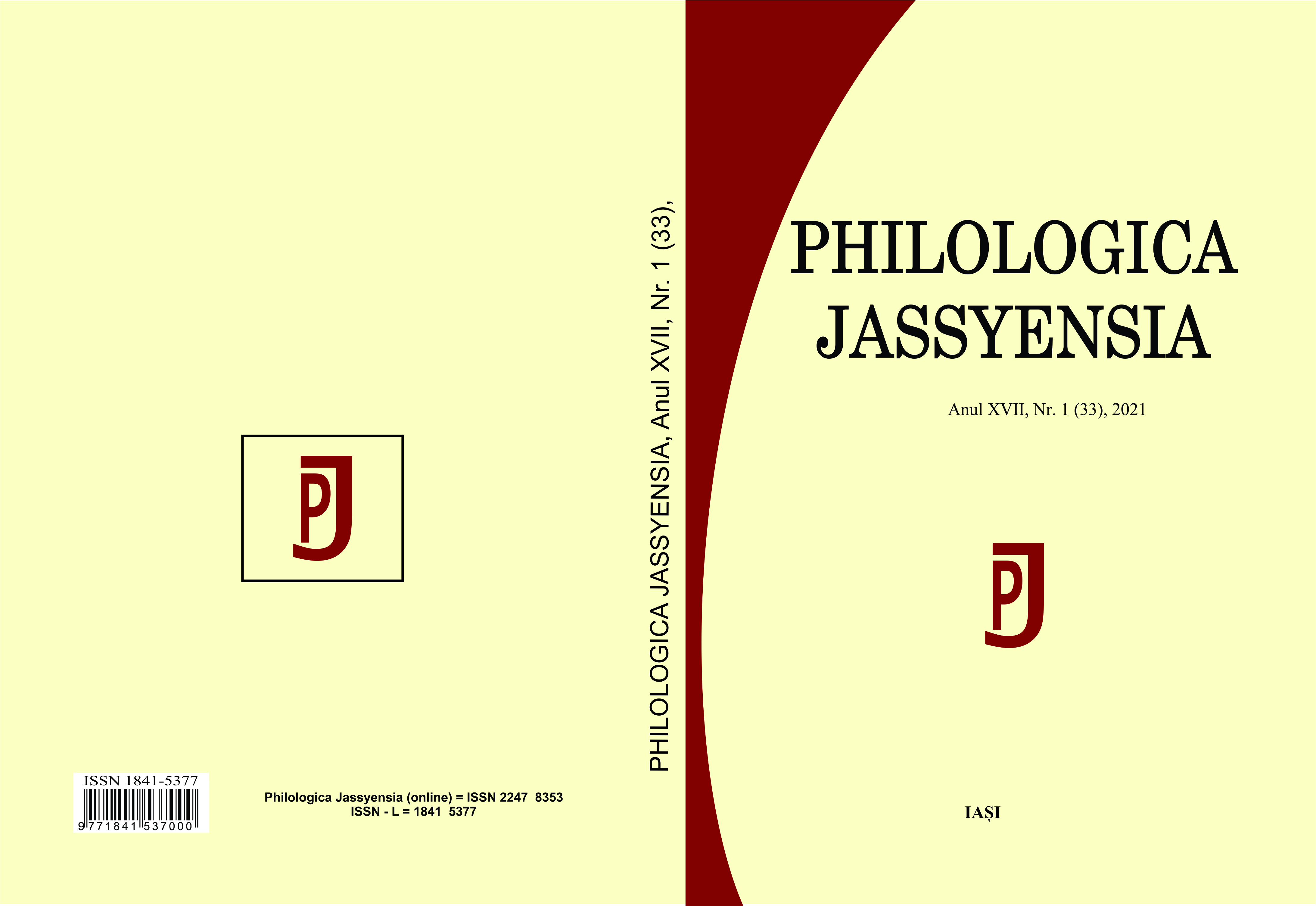
My approach focuses on one of the strangest cases in Romanian culture at the age of modern crystallizations: the Aron Densușianu case. As it is known, even if haunted by axiological entropisms, the second half of the 19th century is also the age of a cultural paradigm shift, thanks to «Junimea» group and to Maiorescu. It is only that A. Densușianu, a classicist spirit and a meticulous literary critic, rises against the new cultural climate, vehemently attacking its prominent figures. In Maiorescu’s wake, posterity has constantly invoked the Transylvanian teacher’s lack of literary taste, but a synoptic look at his writings reveals that this argument is secondary: Aron Densușianu is neither a petty ignorant, nor a pathetic Zoil, but a victim of "political correctness", ante litteram.
More...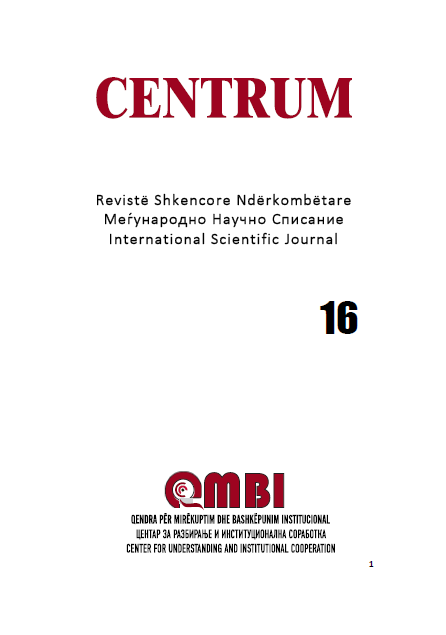
The purpose of this paper is to argue the need for the approval of law focused on the prevention of nepotism in Kosovo, the legal rationale behind it and to propose possible legal formulations. Various measurements of the public opinion conducted by credible organizations speak of a deep conviction of the citizens of Kosovo for the spread of nepotism at all levels of public institutions. These researches have shown that, along with other forms of corrupt behaviour, nepotism is also a factor that triggers the migration of intellectuals and professionals from the Kosovo middle class, arguing the loss of trust in public institutions. This paper also presents a potential draft law that could be a starting point for a general discussion.
More...
One of the problems facing the Western Balkans is corruption. It is one of the most serious diseases that accompanies all countries in the regions such as Albania, Northern Macedonia, Montenegro, Kosovo, Serbia, Bosnia and Herzegovina and remains even greater for those aiming for EU membership. Corruption has infected the legal system of these countries, stripped the institutional structures of their responsibilities, overthrown justice, is killing true democracy and the hope and rights of citizens. At a time when anticorruption reforms and anticorruption structures by the European Union are not yielding the expected result, the questions arise: What can civil do to eradicate the corruption that kills the dreams of the younger generations? The purpose of this paper is to address corruption as one of the main causes of EU countries for their non-membership and to study the role of civil society in the face of corruption. Ultimately the existence, prevention and avoidance of such phenomena starts from society itself.
More...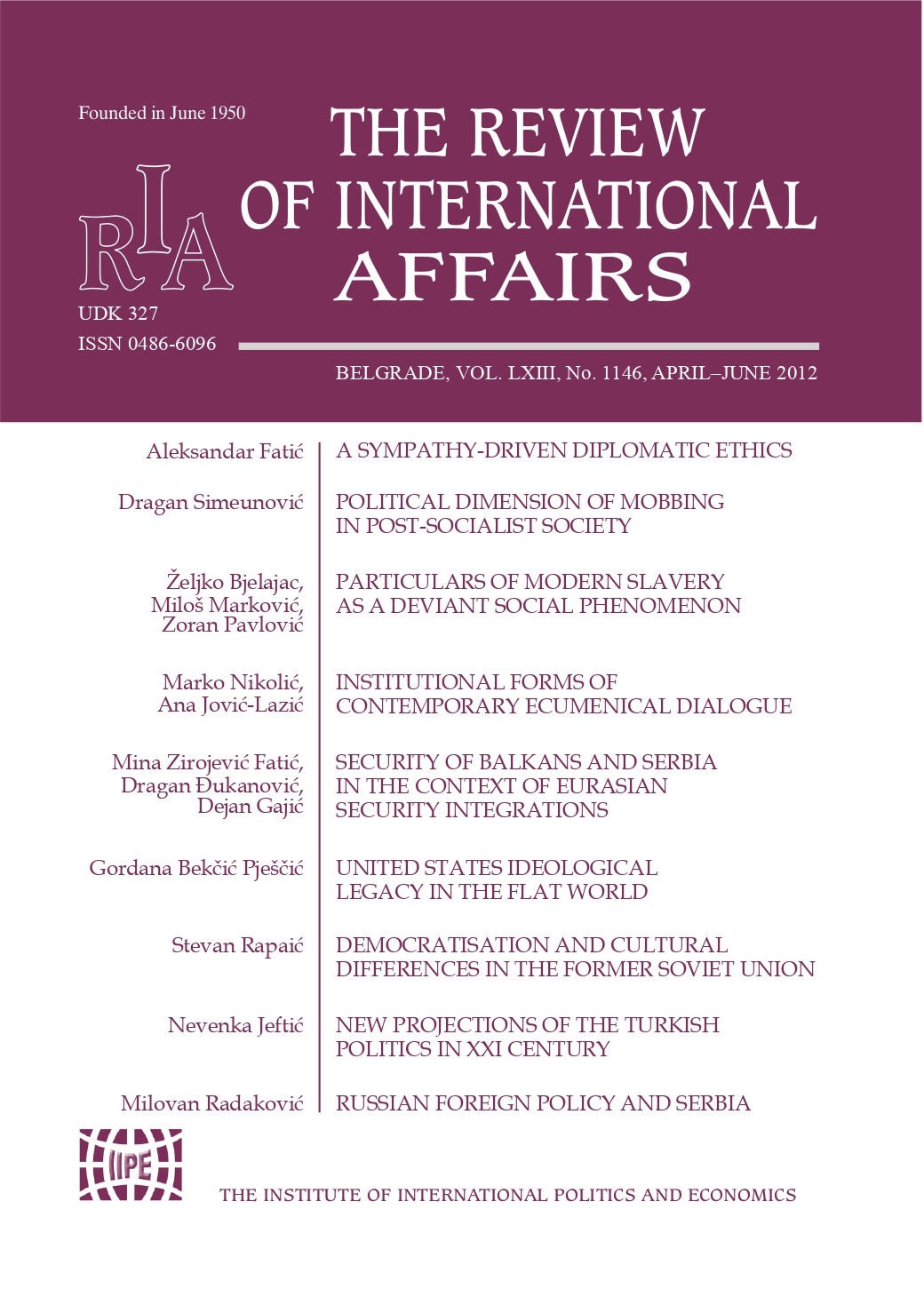
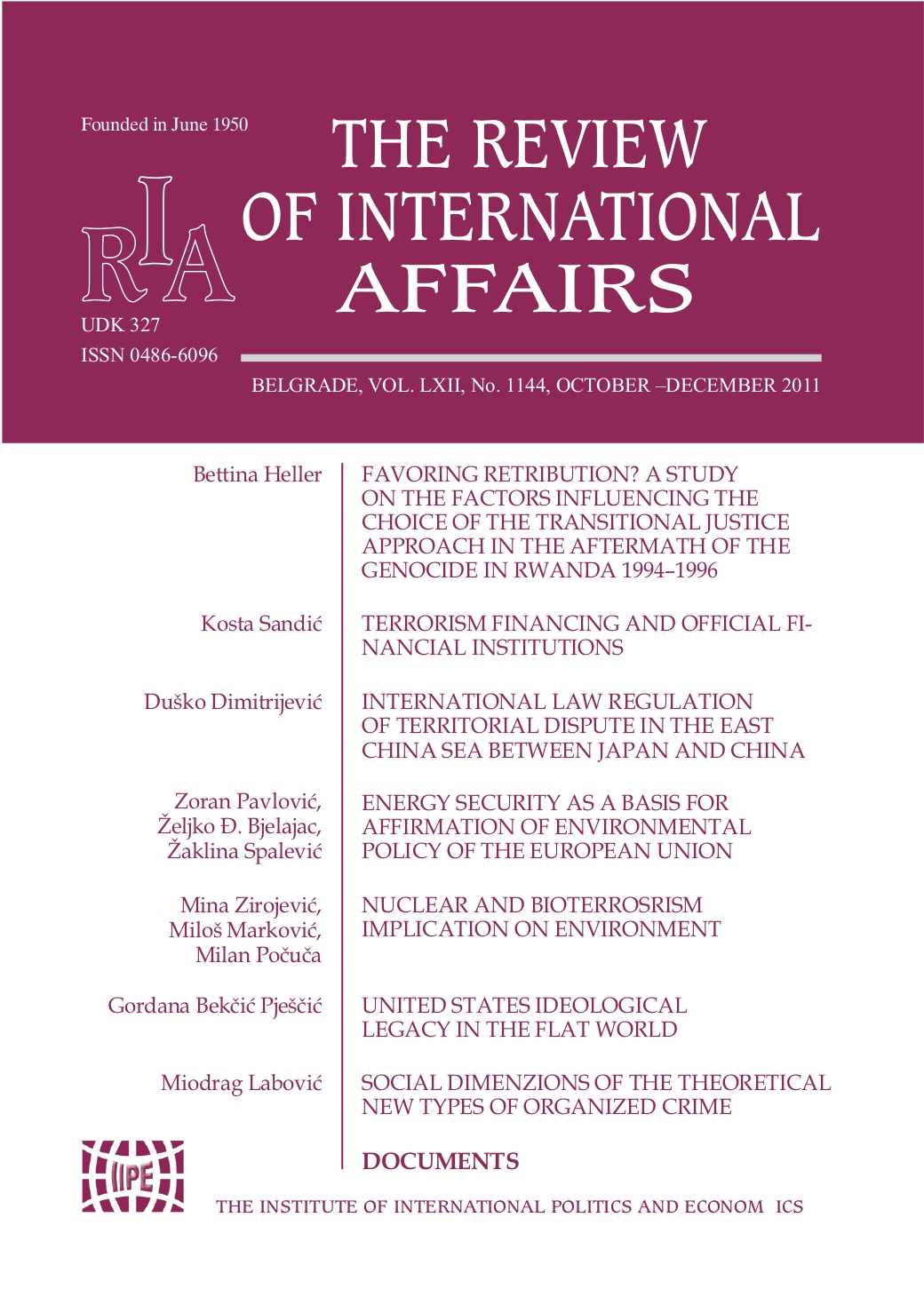
The study takes a systemic and qualitative approach. The research is founded on long-term authors survey based on the statistical indications and 37 in-depth interviews with officials. The findings of this article are: Five types of organized crime were identified. Besides well-known types of organized crime, this study found two new types of organized crime: institutional and institutionalized organized crime. This new typology distinguishes from the previous typologies because criteria were taken are not only by organizational shapes, but also criteria such as: social connections, establishment of the organized crime in the state-political structures, a high rate of damage which has been made in the society. The key point of this research is founded on authors capability of abstract perception for resolving the social control of institutional organized crime. The statistical indications and data collection by the in-depth interviews are very important. However, original visions and new ideas of the authors for resolving the greatest problems in the society always has been a key factor of each relevant idea in the field of natural and social science. The practical implications of this article represent a useful guideline for governments to deal with institutional organized crime: foundation of optimal independent agency; new operational tactics and methods. Of course, this solution needs political will for appropriate legal changes. The scientific value and one of the main points of this study is finding solution for exceeding a high rate of institutional organized crime. For that purpose, this study found that the problem might be resolved if in the legal system will be foreseen foundation of optimal independent institution against institutional type of organized crime which is inseparably linked with high type of corruption. Optimal independent institutions mean independent from the government, but not from the wide social control. This solution is guided by the knowledge that all governments in the world has a huge power, but the government in the fragile societies has a quite huge concentration of power. The developed countries with traditional democracy, political culture and law awareness can be dealing with this problem. But in the transitional and undeveloped countries there is lack of such determinative factors, and the governments are really dominant source of institutional organized crime.
More...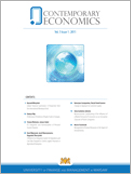
This research is a quantitative study which aims to examine the level of corruption in the Indonesian local government with its influencing determinants, namely fiscal decentralization, government internal audit, and law enforcement and natural resources as moderating variables. The population in this study is the district and city governments in Indonesia. The sample in this study consisted of 81 district governments and 33 city governments based on the purposive sampling method with the criteria of district and city governments having permanent legal force corruption cases in 2019. Testing the hypothesis in this study using Moderated Regression Analysis (MRA) with the SPSS Version 24 program. The results showed that fiscal decentralization had a significant effect on the level of corruption, government internal audit and law enforcement had no significant effect on the level of corruption, natural resources had a significant effect on moderating the effect of fiscal decentralization on the level of corruption. This research was conducted to examine and analyze the factors that can influence the level of corruption in local governments. In addition, with this research, it can be seen how local governments carry out their government affairs and the role of local governments in suppressing the level of corruption.
More...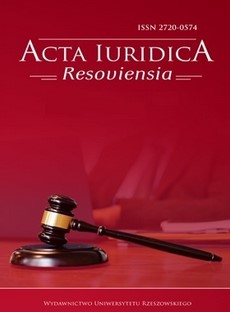
Corruption is a threat to people, society, the state and the economy. It is a phenomenon that particularly harms the basic principles of the functioning of the country. This article focuses on entities authorized to prevent corruption. Individual bodies, services and institutions obliged to fight corruption and equipped with a number of competences that facilitate the performance of their tasks are discussed. The Central Anticorruption Bureau, the Internal Security Agency, the Police, the Public Prosecutor’s Office and other entities forming the system of prevention and combating corruption crime in Poland are presented. To discuss the subject it is necessary to refer to legal acts and the literature. The aim of this description, however, is not a comprehensive presentation of the subject matter indicated in the title, as it seems impossible to provide an exhaustive study of each entity authorized to prevent corruption in only one article. Due to the limited scope of the article only a synthetic presentation of the subject matter has been presented.
More...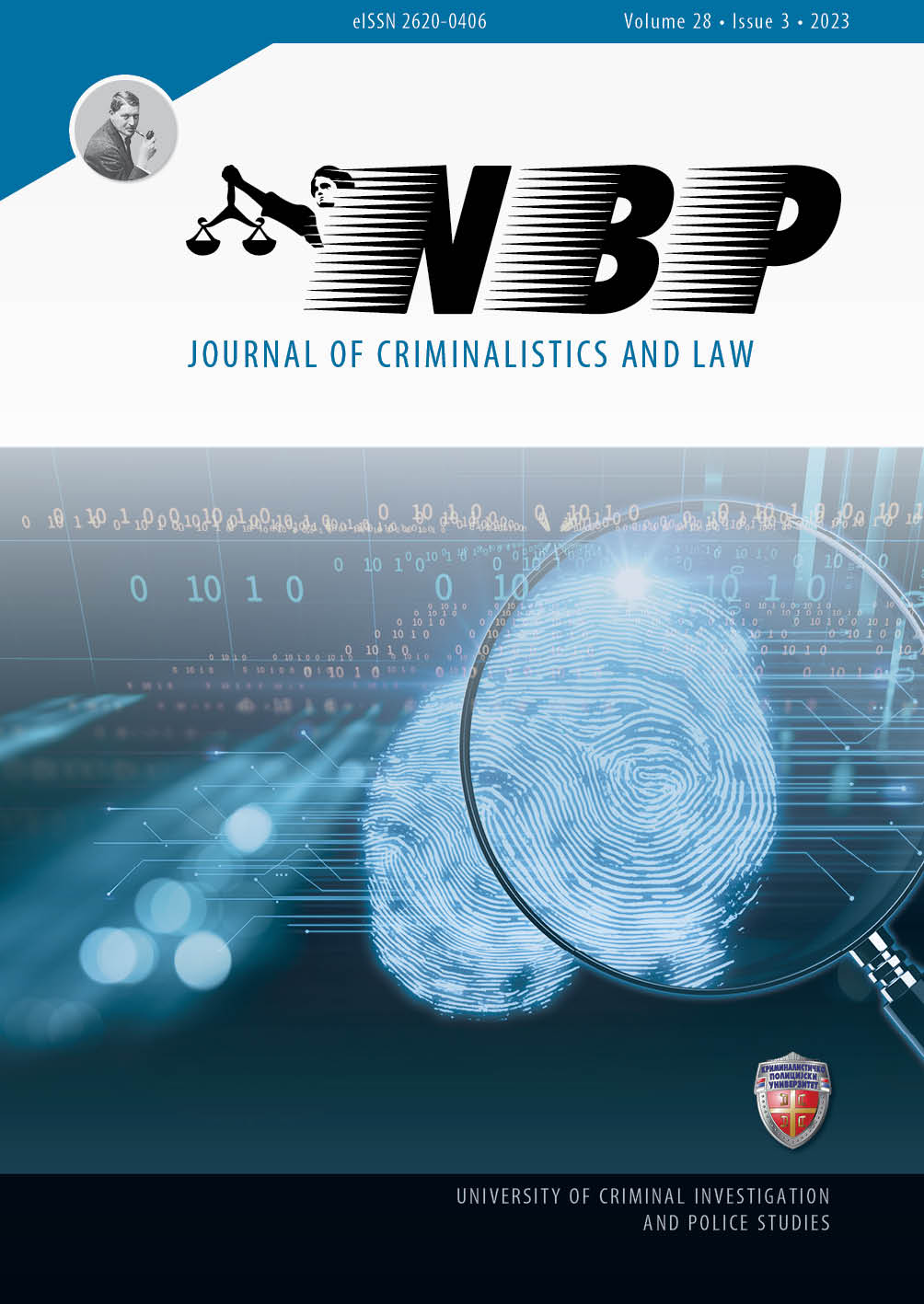
The existence of corruption is closely related to the existence of the state, which is why the constitution, as the basic legal act of the largest number of states, is particularly significant as measures aimed at preventing corruption can significantly create conditions for the rule of law and the integrity of public bodies. Therefore, this paper addresses corruption in Serbia with a focus on anti-corruption provisions contained in the Constitution of the Republic of Serbia from 2006, comparing them with similar provisions contained in Serbian constitutions, from the Sretenje Constitution (Candlemas Constitution) until the Great War. A brief analysis of the historical context and measures aimed at preventing corruption shows that the social order at that time, as well as the (non)implementation of the constitution in practice, represented a risk factor for corruption in and of itself. However, among the anti-corruption provisions of Serbian constitution, there are some solutions that are more than current even today.
More...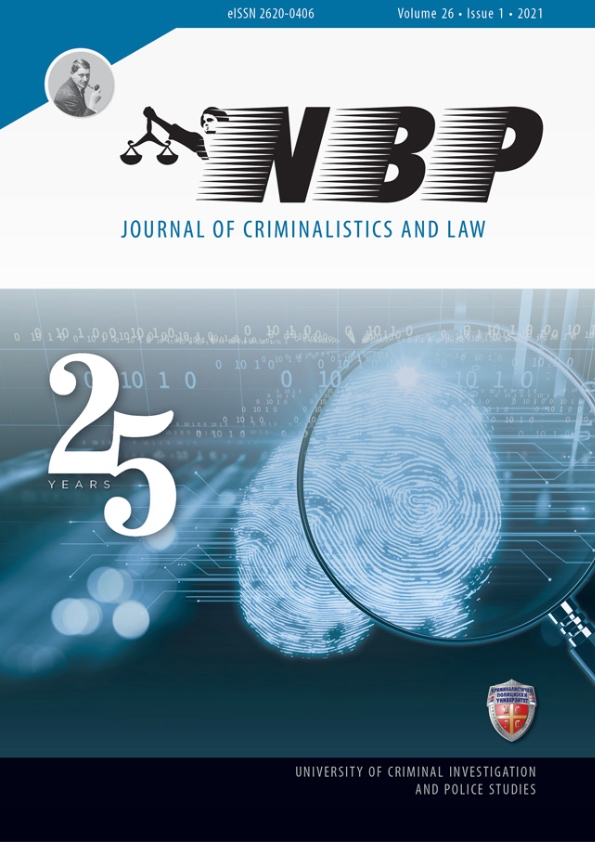
"Grand corruption" and "state capture" are two intertwined concepts of corruption that have become systemic and institutionalized in many transitional countries around the world. "State capture" can simply be defined as "the payment of bribes at high levels of government in order to extract or plunder significant amounts of money from the state". The following paper will argue that when state capture occurs in transitional countries, it runs the risk of becoming socially embedded and institutionalized, which in turn makes it difficult to maintain the principles of democracy and threatens the overall stability of a country in transition. South Africa makes for a useful case study because it clearly represents how corruption in the form of state capture has infiltrated the political landscape of a country in transition, thereby rendering all state institutions redundant and threatening the principles of democracy. The paper will research what the dangers of state capture means for the countries in transition with the aim of proposing recommendations of minimizing state capture in order to reduce the negative consequences for security, peace and democracy. One corruption scandal that occurred in South Africa will be described which became known as "state capture". The paper was prepared based on the analysis of documents, academic and media articles that focus on state capture and the corruption in transitional countries. The paper will conclude that governmental corruption has become socially embedded in the "logics" of negotiation and interaction, thereby indicating that it has become institutionalized and culturally embedded within South Africa.
More...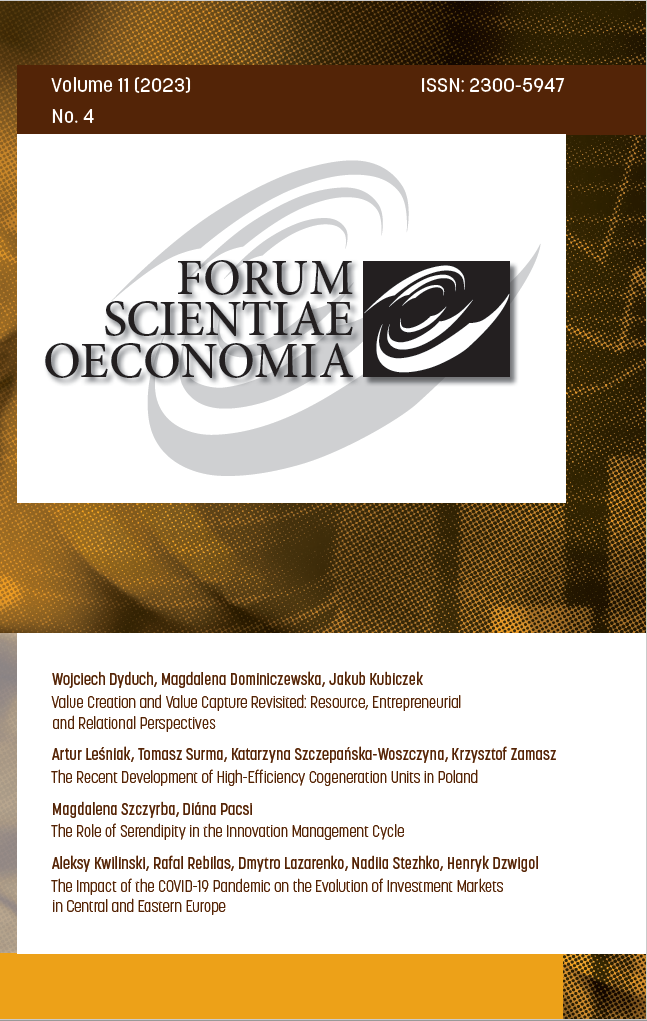
The importance of health to a nation and its citizens can-not be over-emphasised. Better health contributes to hu-man capital development and enhances labour produc-tivity, all of which promote economic growth. Reducing under-five mortality remains one of Nigeria’s major chal-lenges in the health sector and the country has achieved little in her fight against corruption. Despite the co-ex-istence of corruption and high under-five mortality in Nigeria, empirical research on the connection between these two undesirables is minimal. We evaluate the long-term response of under-five mortality to corruption in Nigeria by using an Augmented ARDL (AARDL) method to analyse quarterly data for the 2000-2021 period. There is an evidence of a long-term relationship between corrup-tion and under-five mortality alongside control variables including health expenditure, income growth and rural population, based on cointegration tests. The empirical results confirm that improving corruption control low-ers long-term under-five mortality. Furthermore, greater openness to trade and higher spending on public health reduce long-term under-five mortality, while a growing rural population contributes to it. Thus, we recommend measures that lower corruption to reduce long-term un-der-five mortality in Nigeria.
More...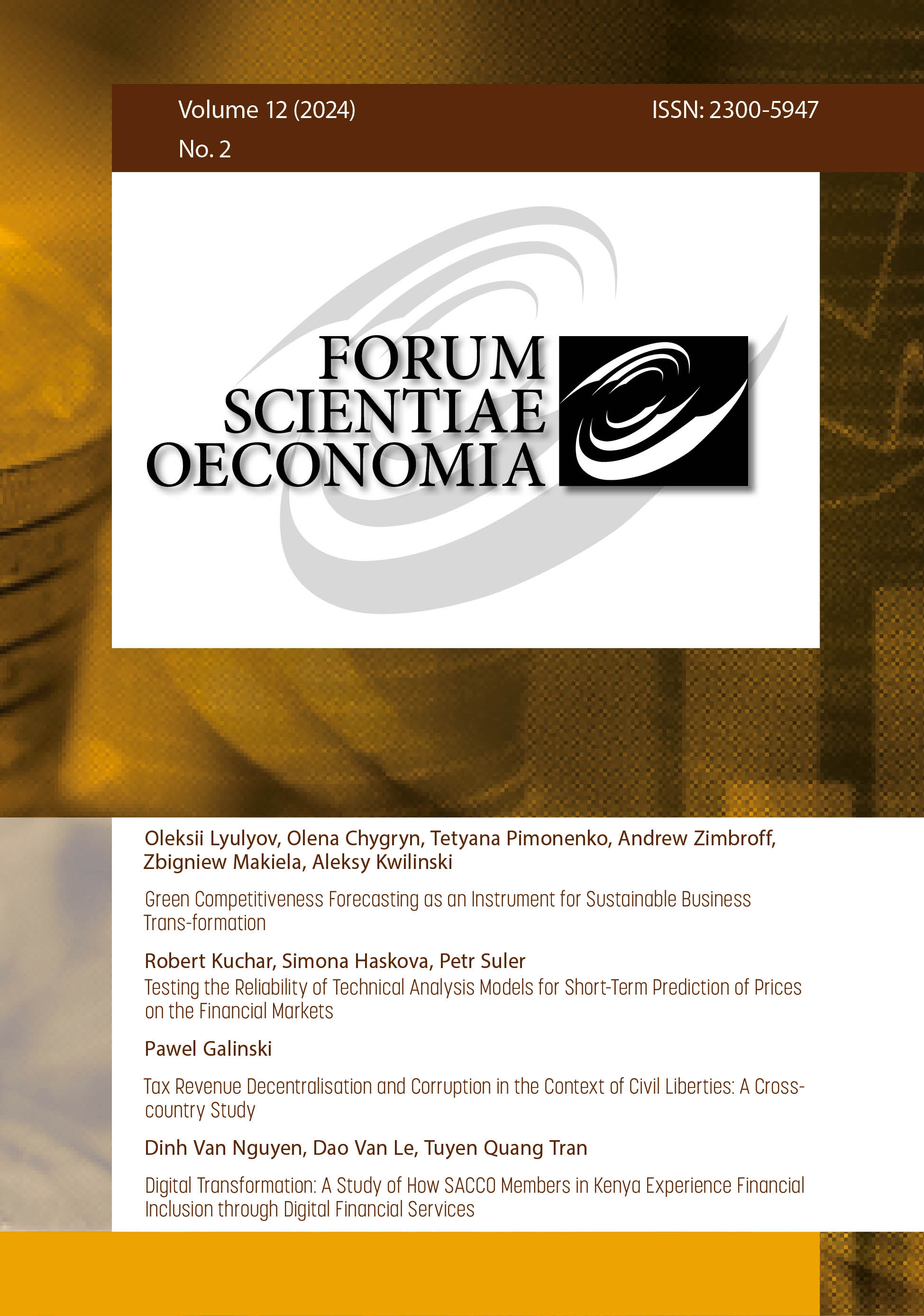
In studies on the functioning of the public sector there are surveys examining the deter- minants of corruption, including the level of fiscal decentralisation in the light of eco- nomic and social development. However, there is a dearth of survey data presenting the impact of the revenue side of this decentralisation in the context of civil liberties. thus, the aim of the paper is to examine the influence of tax revenue decentralisation and civil liberties on corruption based on the OECD countries, taking into account the impacts of a country’s size, scope of the public sector and public procurements, macroeconomic un- certainty, and interactions between tax revenue decentralisation and civil liberties on the phenomenon under study. the empirical study concerns 38 OECD countries in the pe- riod 2012–2022. therefore, longitudinal data models were estimated, namely the fixed effects model and panel quantile regression with fixed effects using the method of mo- ments. the survey showed that an increase in tax revenue decentralisation causes a de- crease in corruption. In addition, civil liberties and their interaction with aforementioned decentralisation may determine corruption; however, this is heterogeneous throughout the distribution of corruption level. In addition, the scope of the public sector and mac- roeconomic uncertainty stimulate rent-seeking behaviour, which weakens the institu- tional foundations to counteract corruption. thus, policymakers should be aware that the growing scope of the public sector, government fragmentation, and the functioning of bottlenecks in the performance of official duties at sub-national level might lead to a de- crease in the efficiency of anti-corruption policy or programmes. Based on the findings, it is crucial to ensure price stability to reduce the analysed dysfunction.
More...